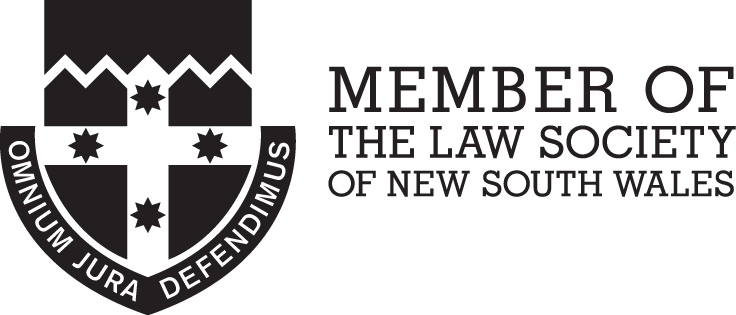|
Copyright provides creators like artists and writers with legal ownership of the work they produce. This means they have some control over the work they create and allows them to make a living from their efforts. In this way, copyright provides an incentive to encourage the production of new works and helps protect and sustain creativity, which benefits the broader community. What is copyright?
Copyright is a collection of exclusive rights that vest in certain types of creative work, such as written material, art, literature, music, film, broadcasts and computer programs. The rights allow the owner of the copyright to do certain acts with the creative work, including the right to copy, publish, communicate and publicly perform the copyright material. They also give the owner a right to take action if somebody uses their copyright material without permission. Copyright is a type of property and can be dealt with in the same way as other forms of personal property. That is, it can be assigned, licensed, given away, sold or left by will. What does copyright protect? Copyright protects “original” literary, dramatic, musical and artistic works. For a work to be “original” a level of skill and effort must have been used in its creation and it must be more than a mere copy. The threshold of what is an “original” work is not high, but copyright will not protect single words, short phrases or basic facts. Copyright does not protect ideas, concepts, styles, techniques or information. Rather, copyright protects the way that ideas or concepts are recorded or expressed in material form. For example, an author of a work of fiction can copyright the particular arrangement of words, but copyright does not protect against copying the more general patterns, themes, story ideas, or characters in a novel. Copyright protection is free and automatic from the time an original work is created. This differs to the position with patents, trademarks, designs and plant breeder’s rights where registration is a precondition to protection. Although you do not need formal notice before a work is covered by copyright, it is a good idea for copyright owners to place a copyright notice on their work to remind people that the work is protected. Ownership of Copyright The general rule is that the author or creator of a work is the first owner of copyright. However, there are exceptions to that rule. For example, an employer will be the first owner of copyright in any works created by an employee (rather than a freelancer) in the course of their employment, unless the employment agreement sets out a different arrangement. Also, the first owner of copyright in a film is usually the producer or the person who has paid for it to be made. For creators working on commission, in order to avoid disputes about the ownership of copyright, it is advisable that the parties enter into a written agreement setting out who will own any copyright in the material which it is intended will be created. How long does copyright last? The legislation on the copyright term of a given work has changed over time and working out the duration of copyright can be complicated. For literary, dramatic and musical works, the duration of protection for works which have been published lasts for 70 years after the death of the creator. Copyright lasts indefinitely for works which have not been published during the life of the author. For published sound recordings and films, the duration of copyright is 70 years from the end of the year in which the recording or film was published. Where such items remain unpublished, the copyright term may not commence until publication takes place. For artistic works, copyright lasts for the life of the artist plus 70 years, whether or not the work has been published. Infringement of Copyright Infringement of copyright occurs when someone uses all, or a substantial part, of the copyright material, without permission of the copyright owner and in a way which breaches the exclusive rights of the copyright owner. This can include:
There are a number of steps which can be taken to enforce a copyright owner’s rights. For example, a copyright owner can ask or demand that the relevant person cease copyright infringement and destroy any infringed reproductions of the copyright work. It may, however, be necessary to proceed through the Court system to prove copyright exists and to prevent infringement. Conclusion Copyright is a property right over the expression of ideas, which applies automatically when material is created. Its basic purpose is to create an incentive for people to use their talents and resources to create new material. The entitlements of creators are not unlimited and copyright law tries to balance the rights of the copyright owner with the social benefit of fostering creativity. If you or someone you know wants more information or needs help or advice, please contact us. Comments are closed.
|
Topics
All
|
Gionis Legal & Advisory Pty Ltd © 2022



